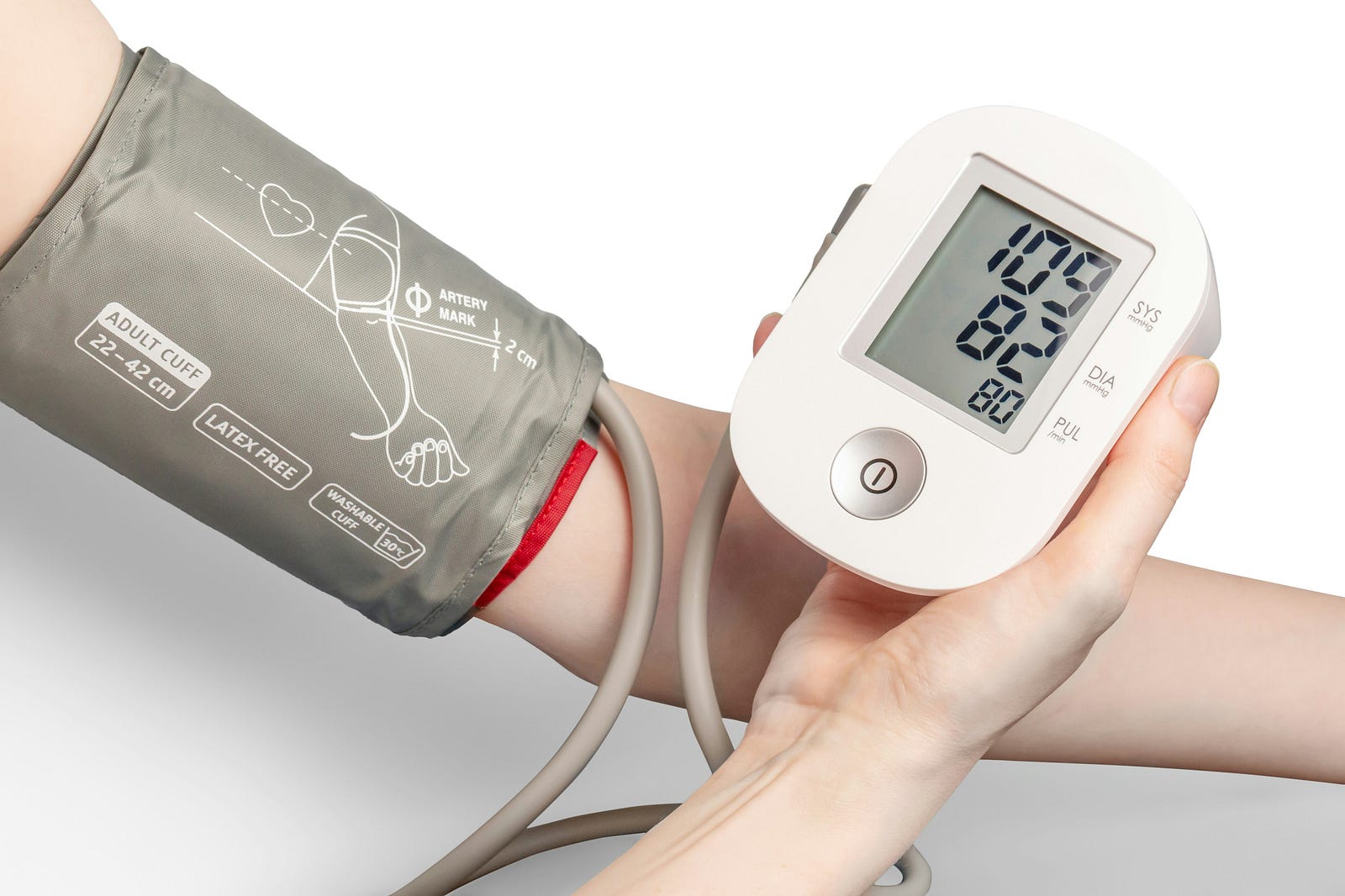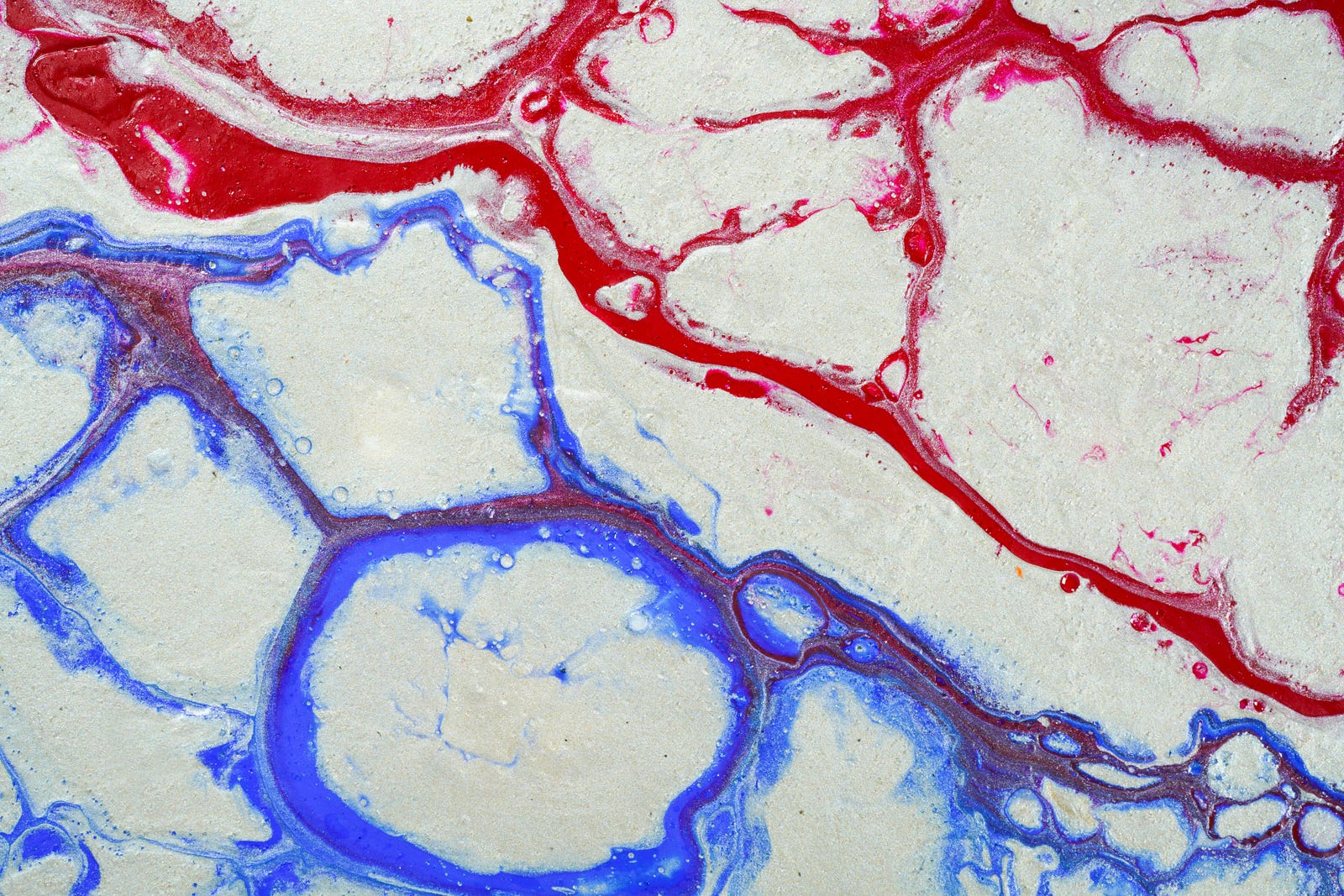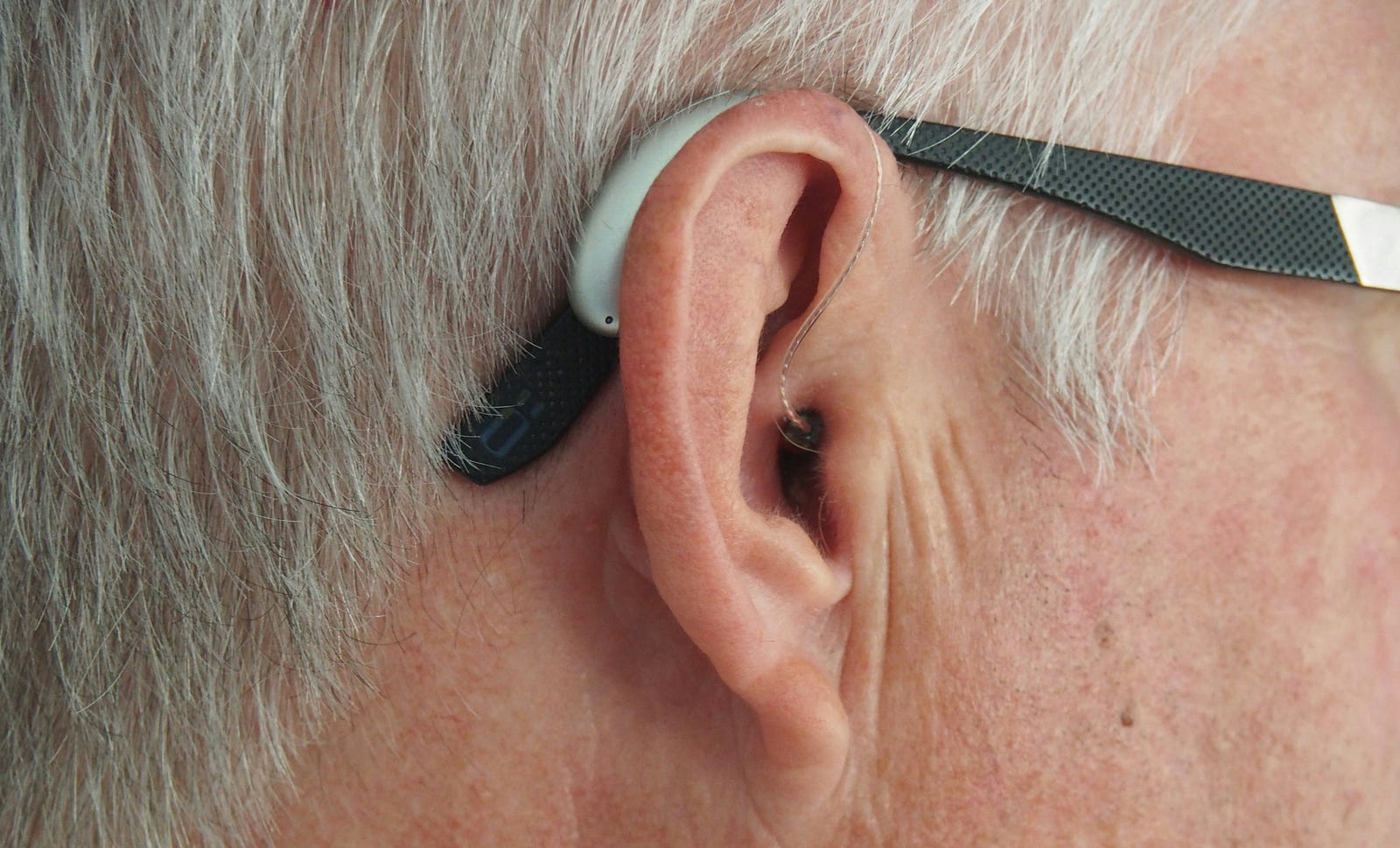Today, I will share three brain hacks to outsmart dementia.
I am increasingly focused on optimizing my lifestyle.
Not just for looking better.
But for physical and mental well-being going forward.
But can my habits lower my risk of suffering from dementia?
The answer may surprise you.

While no actions guarantee you will dodge dementia, a healthy lifestyle can significantly lower your dementia risk, especially if you establish a routine in mid-life.
Today, I review three potential dementia risk-reducing maneuvers that you should consider.
1. Three Brain Hacks to Outsmart Dementia: Move
Anyone following my writing would know I would put physical activity first.
I do two forms of physical activity to optimize my heart and circulation, weight, and mental well-being.
Aerobic and strength-building activities are central to keeping me fit.
Doing a combination of aerobic and resistance activities lowers my risk of suffering from dementia.
Exercise & Dementia: Evidence
A comprehensive analysis of 16 studies revealed a significant link between regular exercise and reduced dementia risk.

The research indicates that consistent physical activity can lower the overall risk of dementia by approximately one-quarter (28 percent).
Even more promising, the analysis found that regular exercise can specifically reduce the risk of Alzheimer’s disease, the most common form of dementia, by an impressive 45 percent.
Finally, several studies on the effect of aerobic exercise (exercise that raises your heart rate) in middle-aged or older adults have also found improvements in memory and thinking.
2. Three Brain Hacks to Outsmart Dementia: Avoid High Blood Pressure
To some degree, heart health is brain health.
I used to have borderline high blood pressure.
I also know that high blood pressure increases my risk of developing dementia, especially if it occurs in mid-life (40 to 65 years old).

My strategy?
- Exercise
- A balanced diet low in added salt
- Avoiding smoking
- Not drinking excessively
- Tracking my blood pressure regularly
I bought a blood pressure monitor.
Here’s why: High blood pressure, often called the “silent killer,” can develop and progress without noticeable symptoms.
Knowing my numbers is the first step towards managing this condition and preventing potentially serious health complications.
High Blood Pressure & Dementia: Mechanisms
Alzheimer’s Society explains that high blood pressure inflicts damage on the brain in several ways, often starting with arteriosclerosis.
High blood pressure and the risk of dementia
People with persistent high blood pressure are more likely to develop dementia. Taking medication to lower blood…www.alzheimers.org.uk
This condition thickens and stiffens artery walls due to the persistent strain of elevated blood pressure.
Simultaneously, fats in the bloodstream contribute to narrowing the arteries, which can also occur in the brain.

This reduced blood flow deprives brain cells of vital nutrients and oxygen, hindering their proper function and potentially leading to cognitive decline and other neurological problems.
High Blood Pressure & Dementia: Evidence
A groundbreaking four-year study conducted in rural China demonstrated the significant impact of blood pressure management on dementia risk.
Trained village doctors, acting as interventionists, implemented a simple treatment protocol involving antihypertensive medications and lifestyle coaching.
This targeted approach successfully reduced systolic blood pressure by an average of 22 mmHg. It lowered the overall dementia risk by just over one-sixth (15 percent) in individuals with high blood pressure.
By offering affordable medication and empowering patients with knowledge about lifestyle modifications, home blood pressure monitoring, and medication adherence, this program effectively tackled hypertension and its associated dementia risk.
3. Three Brain Hacks to Outsmart Dementia: Watch Your Hearing
If you start having trouble hearing in your 40s, 50s, or 60s, it could be a sign that you’re more likely to develop dementia later in life.
Hearing loss itself might be an early symptom of dementia.

It’s normal for our hearing to fade as we age, but sometimes, it happens so gradually that we don’t even notice it.
That’s why it’s important to get your hearing checked regularly.
The good news is that wearing hearing aids might help. Research shows that using hearing aids can lower dementia risk, making it about the same as that of someone with normal hearing.
But don’t panic if you do have hearing loss — it doesn’t automatically mean you’ll get dementia.
It’s just one of the things that can increase your risk, kind of like how smoking increases your risk of lung cancer.
Hearing Loss & Dementia: Evidence
A landmark 2020 report from the Lancet Commission identified hearing loss as a major risk factor for dementia.
Individuals with impaired hearing face an increased likelihood of developing dementia.
Johns Hopkins is leading a National Institute on Aging study to see if hearing aids can protect seniors’ mental processes.

The report also offered this provocative observation:
Modifying 12 risk factors might prevent or delay up to 40 percent of dementias.
https://www.thelancet.com/article/S0140-6736(20)30367-6/fulltext
Final Thoughts – Three Brain Hacks to Outsmart Dementia
A healthy lifestyle can significantly drop my dementia risk, especially given I have adopted them in mid-life.
I know that I cannot eliminate my dementia risk.
Still, by incorporating physical activity, avoiding high blood pressure, and monitoring my hearing, I hope to minimize my chances of suffering from Alzheimer’s disease or other dementia forms.
Of course, everyone’s profile is different.
And I know that some lifestyle changes may be easier than others.
Get an email whenever Dr. Michael Hunter publishes.
drmichaelhunter.medium.com.
Thank you for reading “Three Brain Hacks to Outsmart Dementia.”




